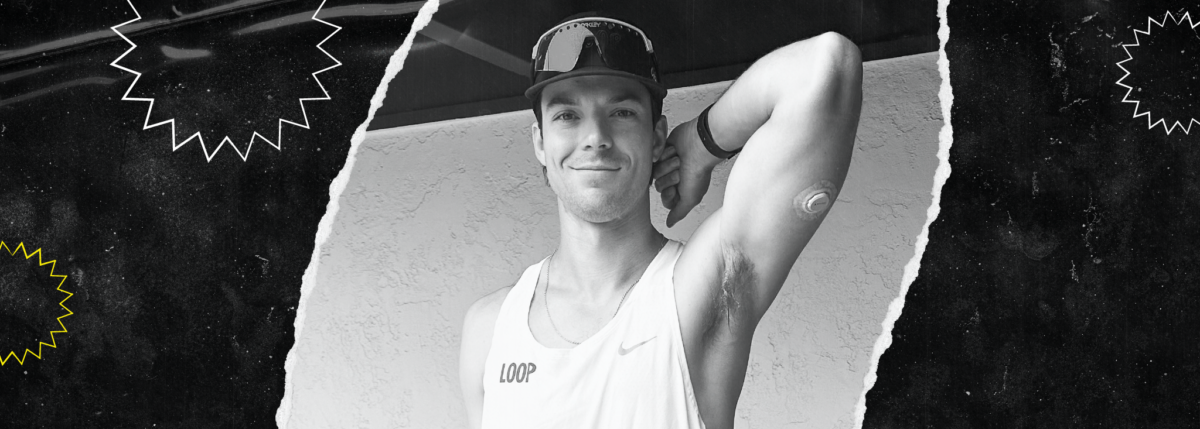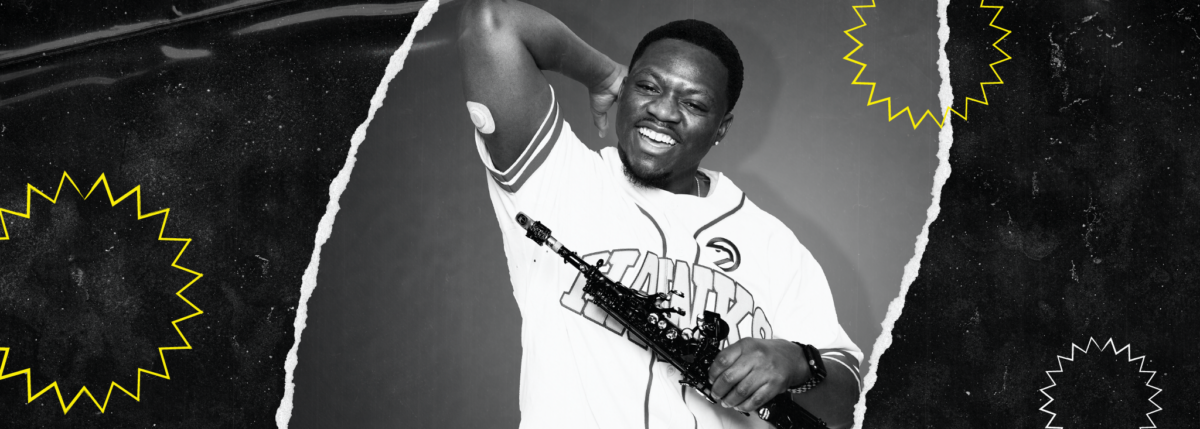Diabetes Scholar Kaila Kemnetz-Ness Talks College Life with T1D
Written by: Kaila Kemnetz
3 minute read
September 19, 2019
Can you talk about your diagnosis?
So it was July of 2007, and I was drinking a bunch of water all the time and going to the bathroom all the time, and I had a physical with my pediatrician scheduled for the day after my 10th birthday. We went to the pediatrician, and my mom asked the pediatrician if they could do a urine test because she had noticed all my symptoms, and so they did the test. It came back, and they said, “you’re going to have to go to the hospital because you have type 1 diabetes.” Because my mom had asked them to do that, I only had a blood glucose of 660 when I was admitted into the hospital, which is considerably not as high as a lot of people when they first get diagnosed, so shout out to my mom.
Did you celebrate your 10-year diaversary?
Yeah! I think I had seen quite a few Facebook groups like “Just For My Pump” and “For My CGM” and all these type 1 memes, so I feel I saw the word “diaversary” online somewhere and felt I had to celebrate!
I had a picnic and invited some of my friends and family and before they could start eating, they had to figure out their carbs. I gave them a blood sugar, and they had to figure out how much insulin to take. It was really funny. I also had an empty apple juice container full of sharps, and I was like, “Guess how many sharps.” It was pretty sweet.
Are your friends knowledgeable about diabetes?
Yeah, I mean I definitely talked about what it means to have diabetes and things that can happen in an emergency. I haven’t gone through and showed them what to actually do in an emergency. I probably should, but I’ve never had to go to the hospital with a high or low blood sugar, so I’ve been pretty lucky so far.
I would say most of my friends I’ve made at college didn’t know a type 1 before me, so being able to explain and debunk a lot of the misconceptions about diabetes is really important, I think, to try to limit people saying hurtful comments in the future about things that they think are true but aren’t, like “should you be eating that?”
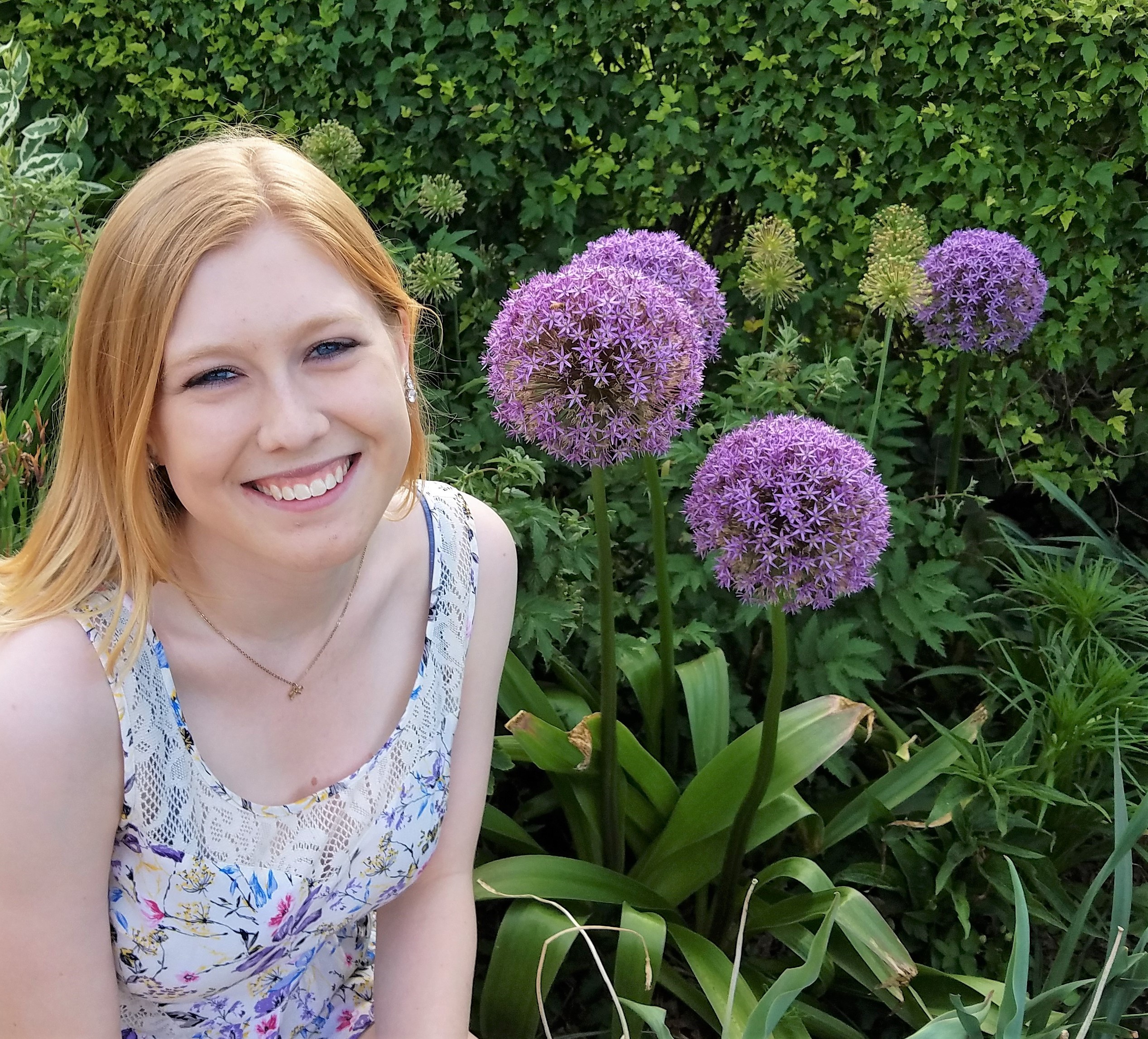 How did you prep for going away to college when it comes to type 1 diabetes (T1D) management?
How did you prep for going away to college when it comes to type 1 diabetes (T1D) management?
I’m from Saint Paul, and I just went to the University of Minnesota, which is in Minneapolis. I was on the Minneapolis campus, not very far from home. I do live on campus, so my mom said to tell the RA and tell everyone.
I definitely had a 504 plan in high school, and then I registered with the disability office here, so that I could have accommodations if necessary. At the beginning of each semester, I e-mail all my professors and some of the TAs and say, “this is my accommodations letter, so if you have any questions let me know.” And everyone would always respond with, “Just let me know if you need anything.” It’s pretty seamless.
Did your diagnosis play a role in determining your career path?
Yeah, it definitely did. I can remember going to the pharmacy and watching my mom pick up all the supplies and seeing how helpful the pharmacists were. I had always liked science and math in school, and I wanted to be in healthcare, but I didn’t want to be a doctor, so I thought, “Pharmacy? Perfect!” I think I’ve always been more into the treating aspect instead of the diagnosing aspect.
What’s your ultimate goal?
Right now I’m a technician, but I’ll become an intern at the Children’s Hospital of Minnesota, which is pretty awesome because that is where I had been going for the past 10 years to see my endocrinologist. So it’s really exciting, and I think, just in general, I want to be a pharmacist in a clinic or a hospital and hopefully work in pediatrics.
What advice do you have for future scholars and for others entering college with T1D?
Be your most authentic self. Be truthful. You don’t have to pretend you’re a perfect person with diabetes (if that’s even possible).
Don’t be afraid to advocate for yourself. It’s really easy to say, “Well, I don’t really need that, I can just go along with everybody else.” But your health is of the utmost importance. You definitely deserve to get what you need, so don’t be afraid to ask and tell other people about your condition so that they can learn about it.
For more college stories, check out our extensive collection of resources here. Learn more about scholarships for Type 1 students available through Diabetes Scholars.

Author
Kaila Kemnetz
Kaila Kemnetz-Ness is a type 1 diabetic located in Minneapolis, Minnesota. She was awarded a type 1 for 70 Years scholarship from the Diabetes Scholars Program in 2015. This went towards funding her Bachelor of Science in Chemistry from the University of Minnesota, which she completed this spring. She is excited to start pharmacy school this fall at the University of Minnesota. She works as a pharmacy technician at Walgreens and started a new job as a pharmacy intern at the Children's Hospitals and Clinics of Minnesota. She is always excited to meet and talk to other people with diabetes she meets at the pharmacy! For fun, she likes to play ultimate frisbee with her friends, read and watch Netflix.
Related Resources
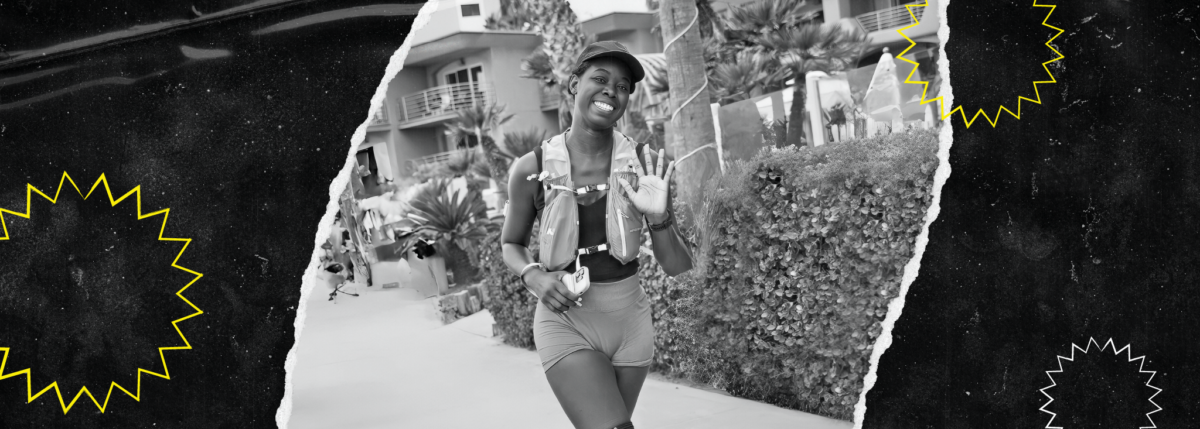
Danica Collins not only prepared for one of the most challenging physical events of her...
Read more
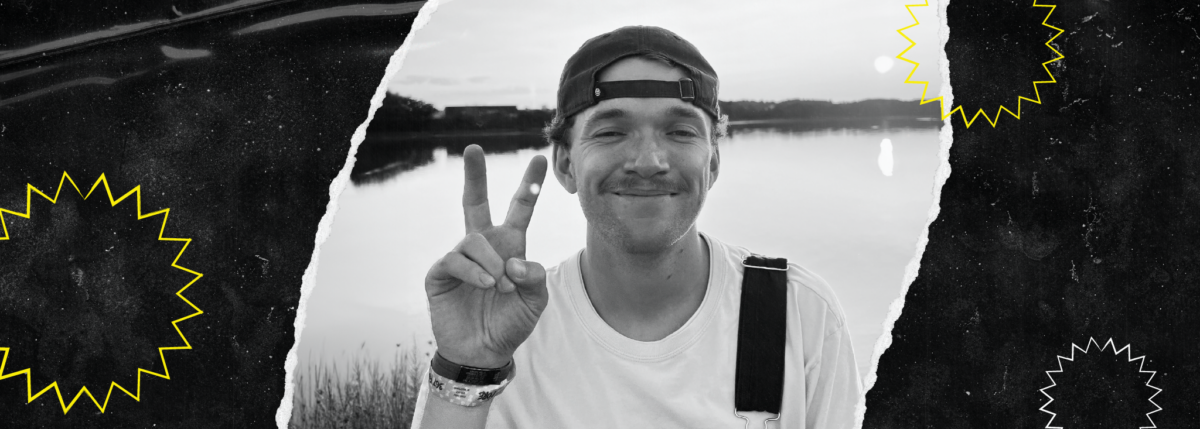
Beyond Type 1 is spotlighting inspiring athletes with type 1 diabetes as they prepare for...
Read more

On November 3, 2024, Taylor Rindfleisch of Chicago laced up her running shoes for the...
Read more
